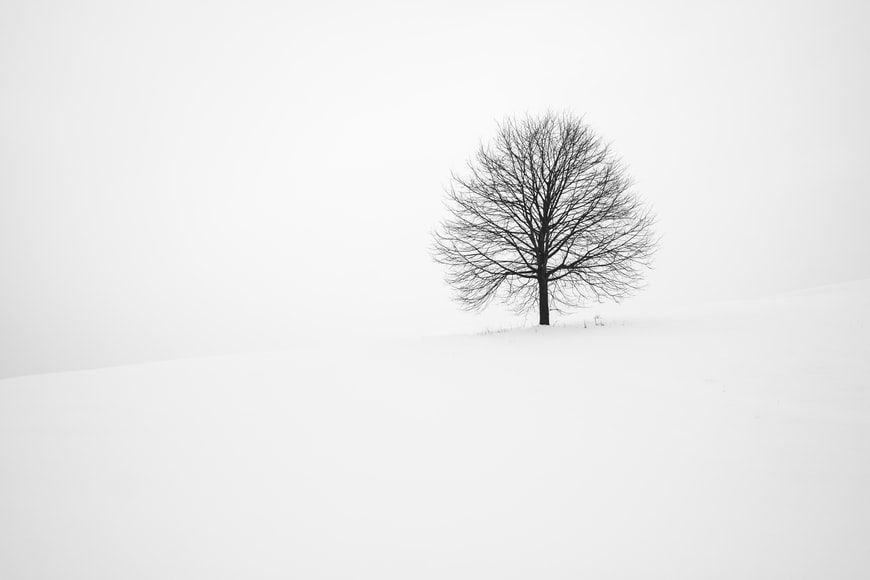
With November drawing to a close, any remnants of warm afternoons or bright mornings have disappeared. December often marks a time of festivities, curling up around fireplaces or sharing blankets with friends. However, it can also become a time when mental health plummets and you feel at your lowest.
If your mental health rapidly fluctuates in line with seasons, there could be a medical condition behind it. Seasonal Affective Disorder (SAD), also known as seasonal depression, is a mental health condition that 1 in 15 people may have, according to the NHS.
The most common type, “winter depression”, is where people become more affected by symptoms of depression during winter, with symptoms lessening in the warmer months. This is caused by a lack of sunlight, which can lower the amount of serotonin being produced. This can also cause subsequent Vitamin D deficiencies, and an increase in melatonin, explaining the urge to curl up in a duvet all day.
Other symptoms include a lack of motivation and/or energy and losing joy in activities you previously loved. Feelings of guilt, sadness, and worthlessness are also common and can cause people to isolate themselves from others.
It is important, if you have persistent feelings of guilt and worthlessness during winter, to question whether SAD is a condition you may have. There is no shame in having seasonal depression, and with COVID-19 restrictions lifting, it is more important now than ever to discuss mental health and the rapid changes our brains have undergone.
This is especially true for women, who are four times more likely than men to be affected by SAD. It is thought that women are more prone to seasonal variations in depression when compared to men, regardless of social issues. If you add social issues on top, such as people who struggle during winter festivities, then the depression can feel overwhelming, stopping you from functioning day-to-day.
So, what can we do to help this? The most important factor is communication; first and foremost, getting in contact with your GP. A GP can point you in the right direction and will often recommend a mix of treatments, but Cognitive Behavioural Therapy (CBT) is a common available resource. Talking to a mental health professional can feel less overwhelming, and getting an unbiased, third-party perspective can make the stepping stones to talking to loved ones easier.
You shouldn’t discount the power of female friends. Starting a dialogue with other women can reduce feelings of loneliness and guilt, and if your friends express similar feelings it can help to share your experiences. If your female friends have SAD, make sure to check up on them regularly, and ask questions such as “is there anything I can help with?”, rather than simply, “how are you?”. When you have SAD, the latter question can feel monumental.
There are more physical options available when talking to friends seems too difficult. Light therapy is a popular option for those who can’t get natural sunlight during the winter. If you work a full-time job alongside studying, or are a commuting student, light therapy can be especially beneficial to catch up on those ‘lost’ hours.
Replenishing ‘missing’ vitamins can also benefit people with SAD. Vitamin D supplements can be used to support the smaller amount of light we get during the winter. For people with persistent depression, medication such as antidepressants can be prescribed, although it should be stressed that you should always talk to your GP about anti-depressants and their effects.
It is pivotal, and will perhaps be easier this year, to establish a support system with friends during winter. Unlike last year, being able to see others in person and spend quality time together allows us to tackle feelings of worthlessness, and slowly make those who suffer feel supported. Winter can feel like a dreary season, even without seasonal depression, but by surrounding yourself with people who really care and want the best for you, this season could feel a little bit warmer.
Image by Fabrice Villard via Unsplash
By Beth McClean
